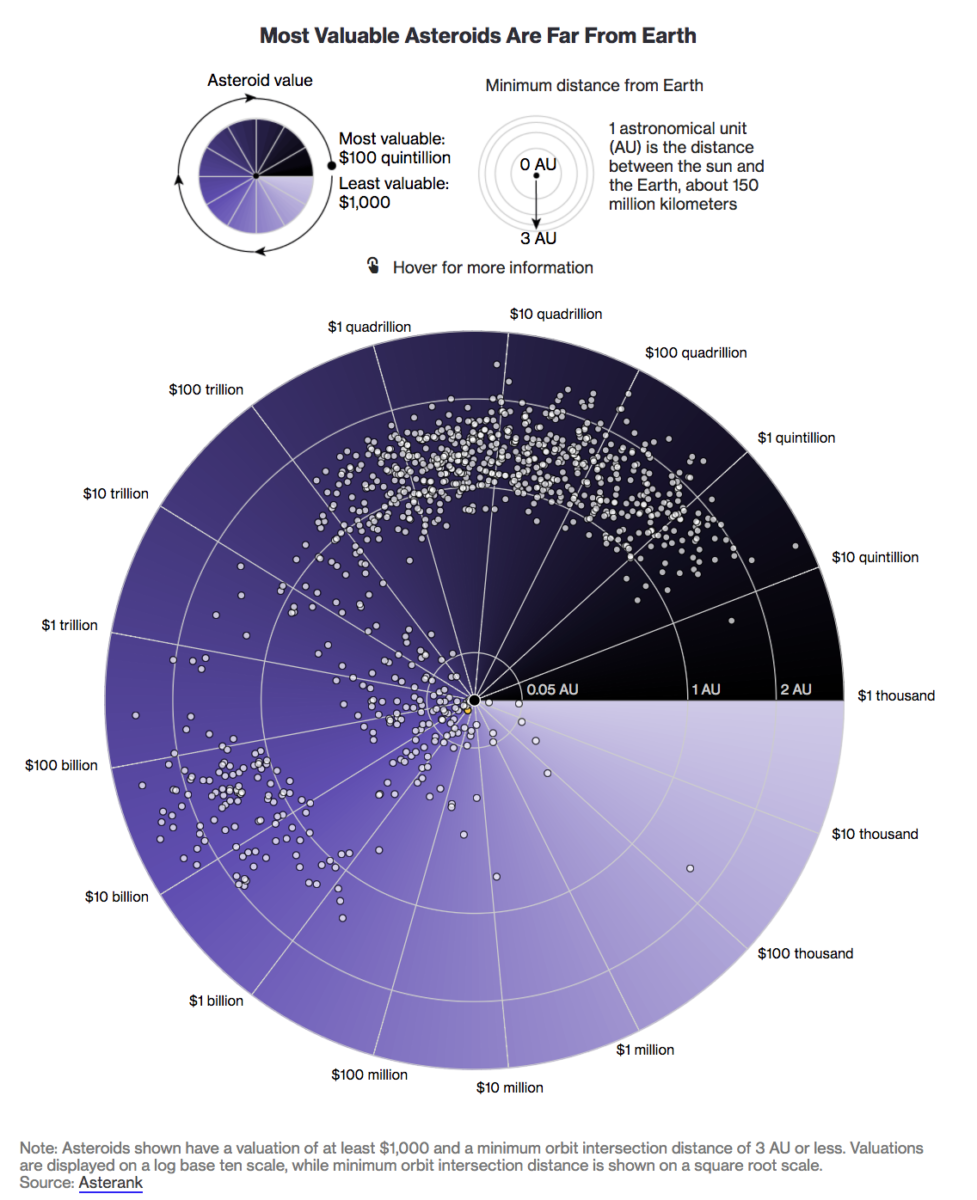
Andrew Grove on the opportunity cost of time.




I’m sure you’ve heard the expression, “the more things change, the more they stay the same.” Gerald Loeb used this phrase frequently. I’ve always had great respect for Mr. Loeb. True, he was an extraordinary investor and a best-selling author. But what I most respected him for was his business acumen. As one of the founding partners of E.F. Hutton, he was often quoted preaching to investors about the need to approach investing as a business and with a business mind.
Early on, I took his advice to heart. From the very beginning, I always made certain that I organized my investing activities in a manner that yielded timely investment reports and minimized taxes. I also sought out the best professional accounting, legal, tax and estate planning advice because this is what Gerald Loeb advocated.
Personally, his advice has been validated over the decades. Having known a large number of traders, I’ve observed that the most profitable ones have seldom been the smartest or boldest. They are usually organized individuals who are willing to focus on the small details. They are those people who are comfortable with routines and have the discipline to follow them. I’ve often noticed that they’re unpretentious as well – even humble at times. (more…)
Forget Films ,Cricket ,Politics…We neither give u Money or Satisfaction or Entertainment !

A 1997 PBS show worth watching…
101% ,Worth Watching if u are A Trader or Investor !
Technically Yours/ASR TEAM/BARODA
* There are basically two types of over trading. Trading too often and trading too many shares/contracts.
* Remember that there really is no good reason to trade constantly, since extreme over-trading creates stress, produces high commissions and can often lead to more losses.
* Market forces do not last forever and time has shown various examples of the law of gravity in the trading market- that whatever comes up must go down. – and vice versa.
* Instead of grabbing every opportunity that comes along (or thinking that it is an opportunity) make sure each trade setup meets the criteria of your trading plan, don’t be over confident or scared of making trades.
* Utilizing a risk calculator to determine the appropriate position size before you enter a trade can help you determine how many shares/contracts you initially buy. You can start off with a small position and add as the trade continues in your favor. It relieves stress to know that the amount at risk for each position you hold is well proportioned to the size of your entire account and this is great asset management.
* Whenever you feel that you did not stick to your trading plan and made a mistake, quickly learn from that and let it go.